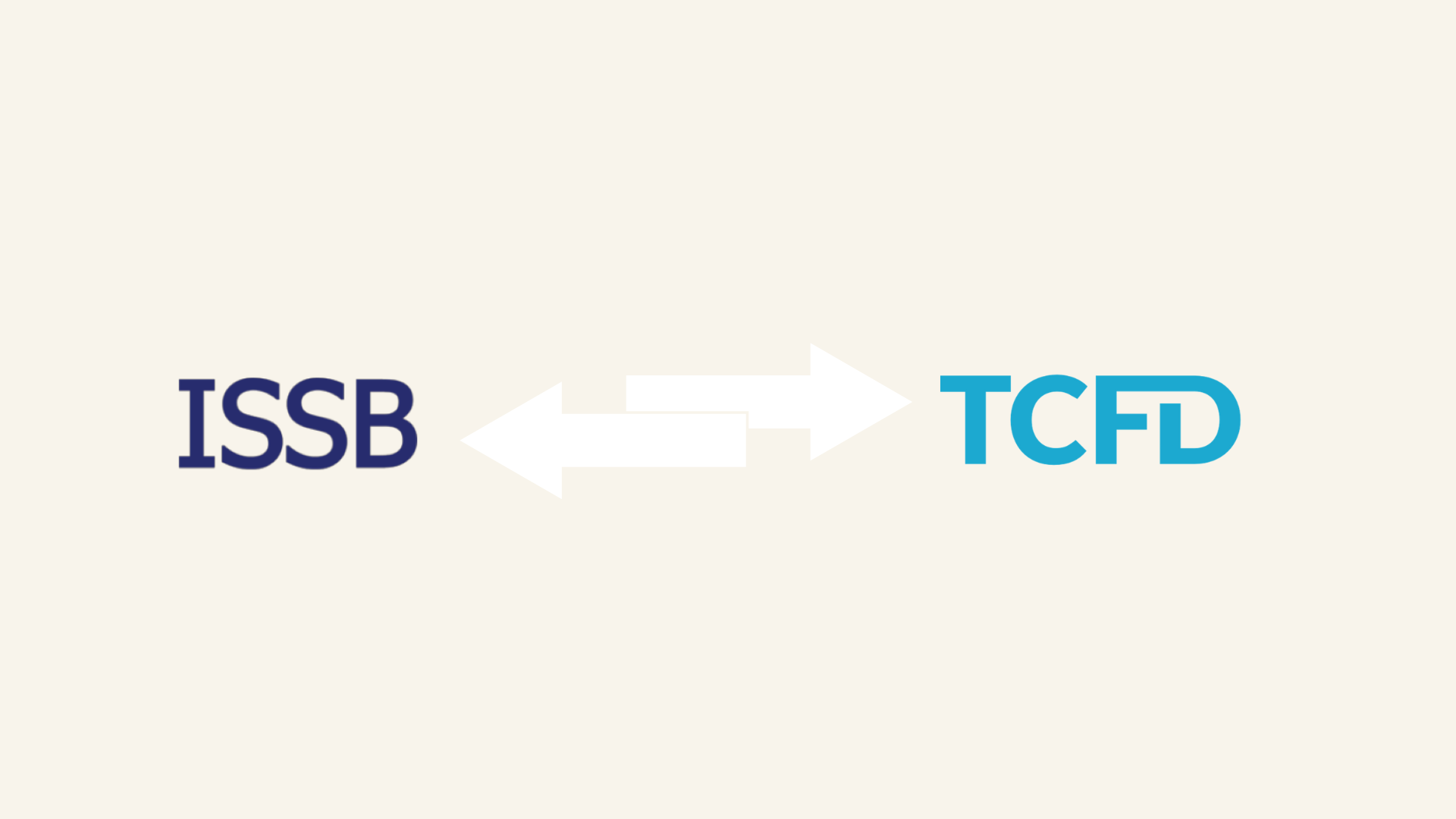In the realm of sustainability reporting, we are witnessing a significant shift as the International Sustainability Standards Board (ISSB) prepares to assume monitoring responsibility for companies’ climate-related disclosures, effectively succeeding the Task Force on Climate-related Financial Disclosures (TCFD). This development represents a crucial advancement in the continued evolution of sustainability reporting standards.
Let's delve deeper into the implications of this shift:
- The TCFD was initiated by the Financial Stability Board (FSB) in 2015, with a mandate to cultivate consistent disclosure standards enabling companies to effectively communicate their climate-related financial risks.
- The TCFD has since been instrumental in setting industry standards for climate-related disclosure.
- As of 2024, following the TCFD’s 2023 annual status report, the FSB has decided to transition monitoring responsibilities to the ISSB.
The ISSB, launched at the COP26 climate conference in November 2021, seeks to establish a global baseline for sustainability disclosure standards. It's worth noting that the ISSB's standards drew extensively from the TCFD's recommendations.
Notably, the ISSB's consolidation efforts extend beyond the TCFD. The Value Reporting Foundation (VRF), known for the SASB Standards and the Integrated Reporting Framework, has also integrated with the ISSB, further streamlining the sustainability disclosure landscape.
Key points to consider:
- The SASB framework now constitutes a significant basis for the ISSB’s S1 standards.
- The Integrated Reporting Framework offers a robust connection between financial statements and sustainability-related financial disclosures, and has also been absorbed by the ISSB.
- This extensive consolidation of first the Integrated Reporting Framework, SASB, and now TCFD by the ISSB signifies a significant step toward simplifying and unifying the sometimes complex world of ESG initiatives.
ISSB Chair Emmanuel Faber eloquently noted that the transfer of responsibilities from the TCFD to the ISSB represents a crucial step in the rationalization of the 'alphabet soup' of ESG initiatives. The ISSB stands ready to build on the TCFD's legacy and continue to provide clear and effective guidance to both companies and investors.
As these shifts unfold, rest assured that Diginex solutions are designed to keep pace with these developments, allowing you to navigate the evolving landscape of sustainability reporting seamlessly. We remain committed to supporting transparency, accountability, and fostering a more sustainable future, and will continue to incorporate the worlds most popular sustainability reporting frameworks for our clients.






